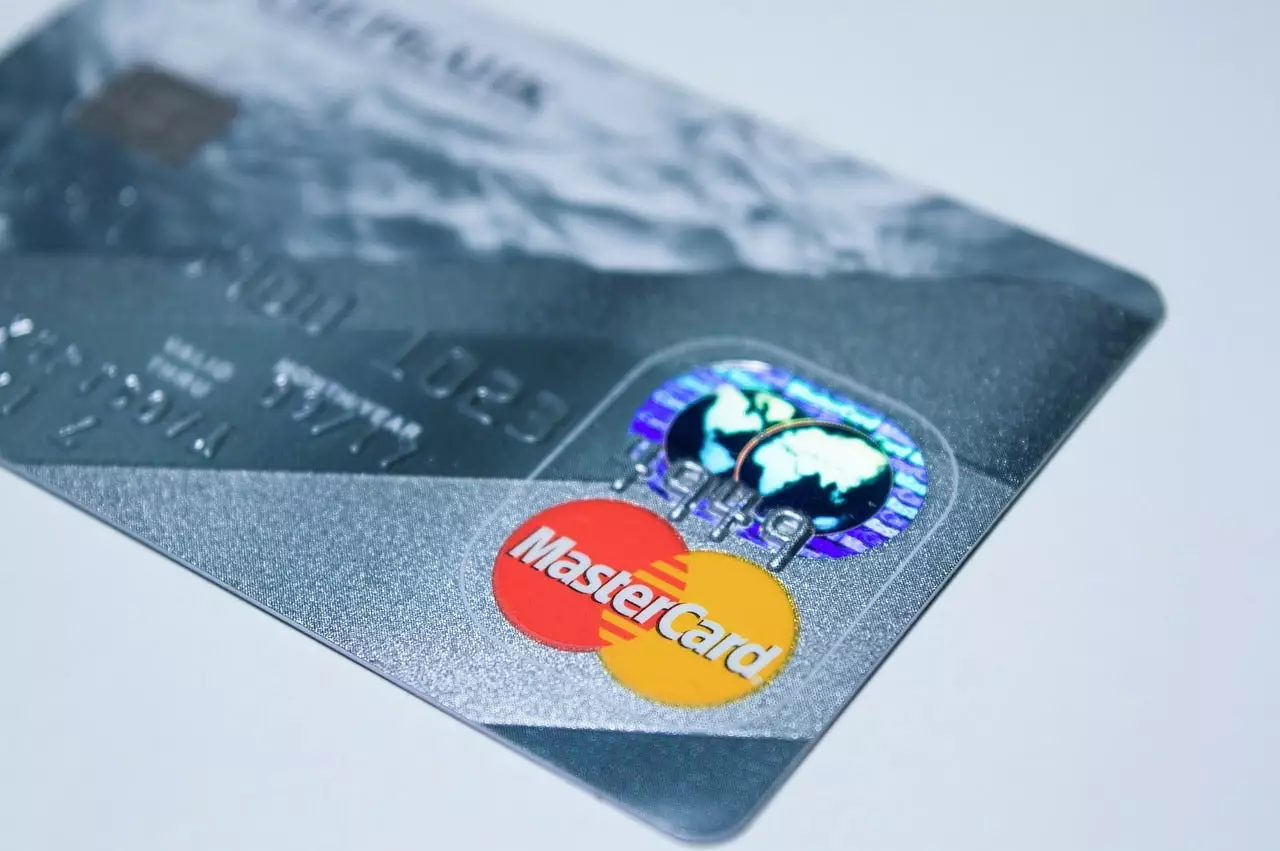Mastercard has recently launched a new service called “Crypto Credential” that aims to simplify peer-to-peer crypto transfers for the average user. This innovative service allows users of select crypto exchanges to send and receive digital assets using a Mastercard Crypto Credential Alias instead of complicated blockchain addresses.
The main goal of Mastercard’s Crypto Credential service is to replace complex wallet addresses with user-friendly aliases, making the process of sending blockchain transactions more secure, transparent, and accessible. By providing users with aliases instead of random strings of numbers and letters, Mastercard is revolutionizing the way people interact with cryptocurrencies.
Users are first verified through Mastercard’s standards before receiving an alias from the company. When users initiate a crypto transfer, the program ensures that the alias is valid and that the recipient’s network address supports the token and blockchain associated with the transaction. This verification process helps prevent mistakes and ensures that funds are not lost due to incompatible addresses.
In addition to simplifying transactions, aliases provided by Mastercard’s Crypto Credential service can protect users against address poisoning scams. These scams involve attackers tricking wallet users into sending coins to a fraudulent address that appears similar to their own. By using aliases, users can avoid falling victim to such scams and safeguard their funds.
Currently, the Crypto Credential service is available at select exchanges such as Bit2Me, Lirium, and Mercado Bitcoin. It is set to expand to countries like Brazil, Chile, France, Guatemala, Mexico, Panama, Paraguay, Peru, Portugal, Spain, Switzerland, and Uruguay. Additionally, Mastercard plans to include more European countries in the future, making the service accessible to a wider range of users.
Mastercard Crypto Credential aims to support a variety of use cases beyond peer-to-peer transactions. The service may extend to areas such as NFTs, ticketing, and other payment solutions based on market demands and compliance requirements. This flexibility opens up new opportunities for users to seamlessly interact with blockchain technology.
The Crypto Credential service has garnered support from leading crypto exchanges like Foxbit and Lulubit, with the latter benefiting from its integration with the Lirium exchange. By collaborating with established partners, Mastercard is able to enhance the traceability of blockchain transactions and provide users with a superior level of compliance and user experience.
In addition to launching the Crypto Credential service, Mastercard has joined a consortium of major banks to test distributed ledger technology for settling digital asset transfers between firms. This test network includes various assets such as commercial bank money, US treasuries, central bank money, and investment-grade debt, which are typically traded using separate systems.
Overall, Mastercard’s new “Crypto Credential” service represents a significant step forward in simplifying and securing crypto transactions for users around the world. By introducing user-friendly aliases and partnering with key industry players, Mastercard is paving the way for a more seamless and efficient crypto experience.


















